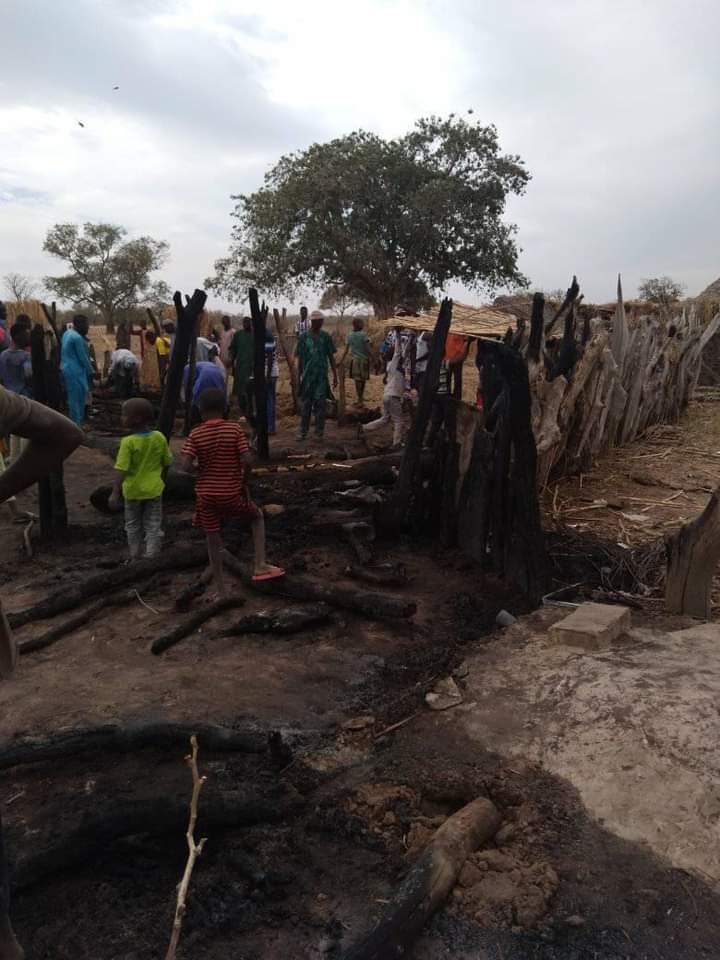By: Nyima Sillah
The Gambia Environmental Alliance (GEA) has advised through a report that on a long-term basis for Banjul, the country should start planning for the location of a new capital city as Banjul was identified by scientists to be a possibility of sinking in the future due to climate change impacts as the signs are getting clearer as years go by.
However, this was exacerbated by anthropogenic activities such as concrete road construction, construction of a dry port on the wetland ecology, poor waste management, and poor drainage systems.
According to the GEA report, Banjul is one of the cities of the world that is considered to most probably cease to exist by 2050, the relocation of the capital city is not a new phenomenon, thus it could have its emotional downside.
It stated further in the GEA report that the criteria for such a new capital location may be suggested to be one that is away from the coastal area and the neighboring borders, with a probability for it to be in a low-density population area in order to lower the cost of relocating the existing population and to be easily accessible by road, sea, and air
More so, there is mostly sentimental value attached to old habitats, where cities have lived, and most often than not they do serve their useful lives over time due to changes in circumstances, such as economics (and the climate).
In the short term, the report indicated, the pump house should be revived with enough power to drain the entire city within a short space of time, which has to be supported by a good drainage network which unfortunately does not currently exist.
The report outlined that the river is dotted with towns that have once been vibrant due to the groundnut trade which was using the river to transport the produce to Denton Bridge (Saro), Albreda, Kaur, Kuntaur, and Bwiam among others, adding that the movement of goods by the river has been overtaken by the development of a road transportation network throughout the country.





